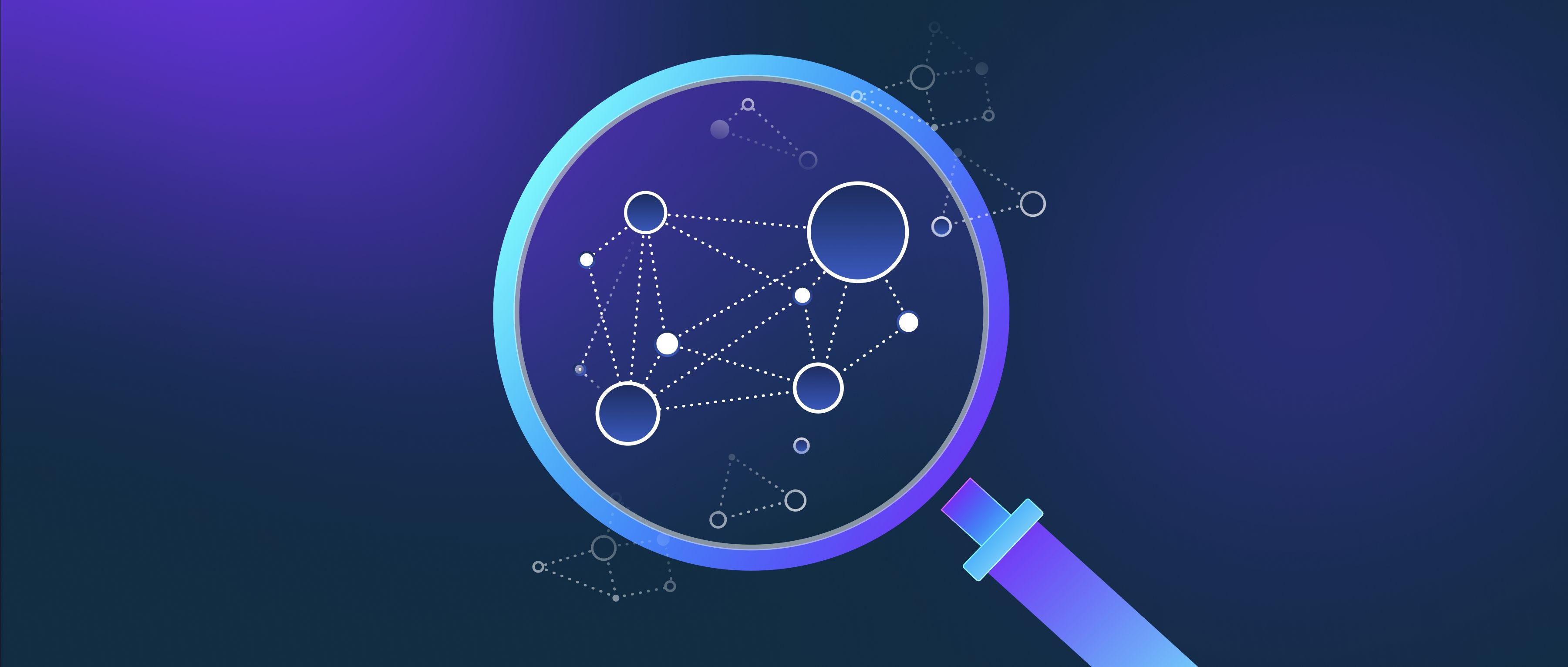Amazon Bedrock can significantly enhance healthcare and telemedicine applications by providing scalable access to foundation models tailored to industry-specific needs. Below are three key use cases, explained with technical considerations for developers.
1. Symptom-Checking Chatbots Amazon Bedrock can power AI-driven chatbots that assist patients in assessing symptoms. For example, a chatbot using Claude (Anthropic’s model via Bedrock) could engage users in natural conversations to gather symptom details, cross-reference medical databases, and suggest potential conditions. Developers could fine-tune the model with curated medical datasets to improve accuracy while filtering out unsafe or unverified responses. Integration with EHR systems could allow the chatbot to pull patient history (e.g., allergies, chronic conditions) for context-aware recommendations. However, strict validation is required to avoid misdiagnosis, and outputs should always direct users to consult a human professional. AWS’s HIPAA-eligible services, when properly configured, can ensure compliance with data privacy regulations.
2. Automated Patient Record Summarization Clinicians often spend excessive time reviewing lengthy patient records. Bedrock’s summarization models, like Amazon Titan, could automatically generate concise summaries of medical histories, lab results, or consultation notes. For instance, after a telehealth visit, the model could extract key points (e.g., new symptoms, prescribed medications) and format them for EHR entry. Developers would need to implement safeguards to preserve critical details (e.g., drug dosages) and validate summaries against source data. Additionally, Bedrock’s batch processing capabilities could streamline this for large datasets, such as summarizing discharge reports across a hospital system.
3. Personalized Care Recommendations Bedrock’s models can analyze structured and unstructured patient data (e.g., EHRs, wearable device metrics) to suggest tailored care plans. For example, a model could identify patterns in a diabetic patient’s glucose readings and lifestyle logs, then recommend dietary adjustments or alert clinicians to anomalies. Developers would train the model on anonymized datasets while ensuring it adheres to clinical guidelines (e.g., CDC protocols). Real-time inference APIs could enable integrations with telehealth platforms for immediate feedback during video consultations. However, such systems require rigorous testing to mitigate bias and ensure recommendations align with individual patient contexts.
Key Considerations
- Security: Use AWS’s encryption and access controls to protect sensitive health data.
- Validation: Partner with medical experts to audit model outputs and avoid over-reliance on AI.
- Scalability: Leverage Bedrock’s serverless infrastructure to handle fluctuating demand in telehealth apps.
By focusing on these areas, developers can build applications that augment healthcare workflows while maintaining safety and compliance.
